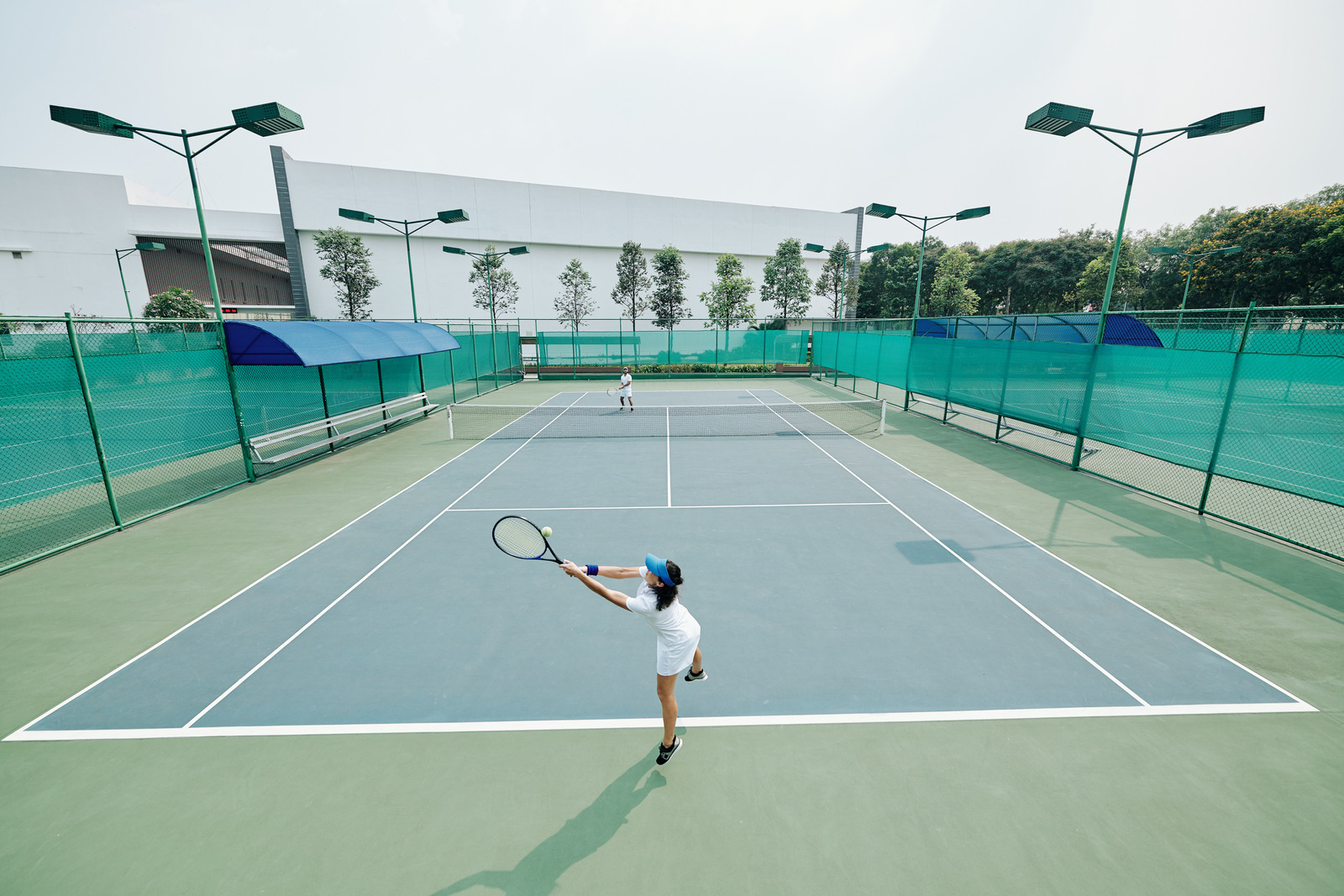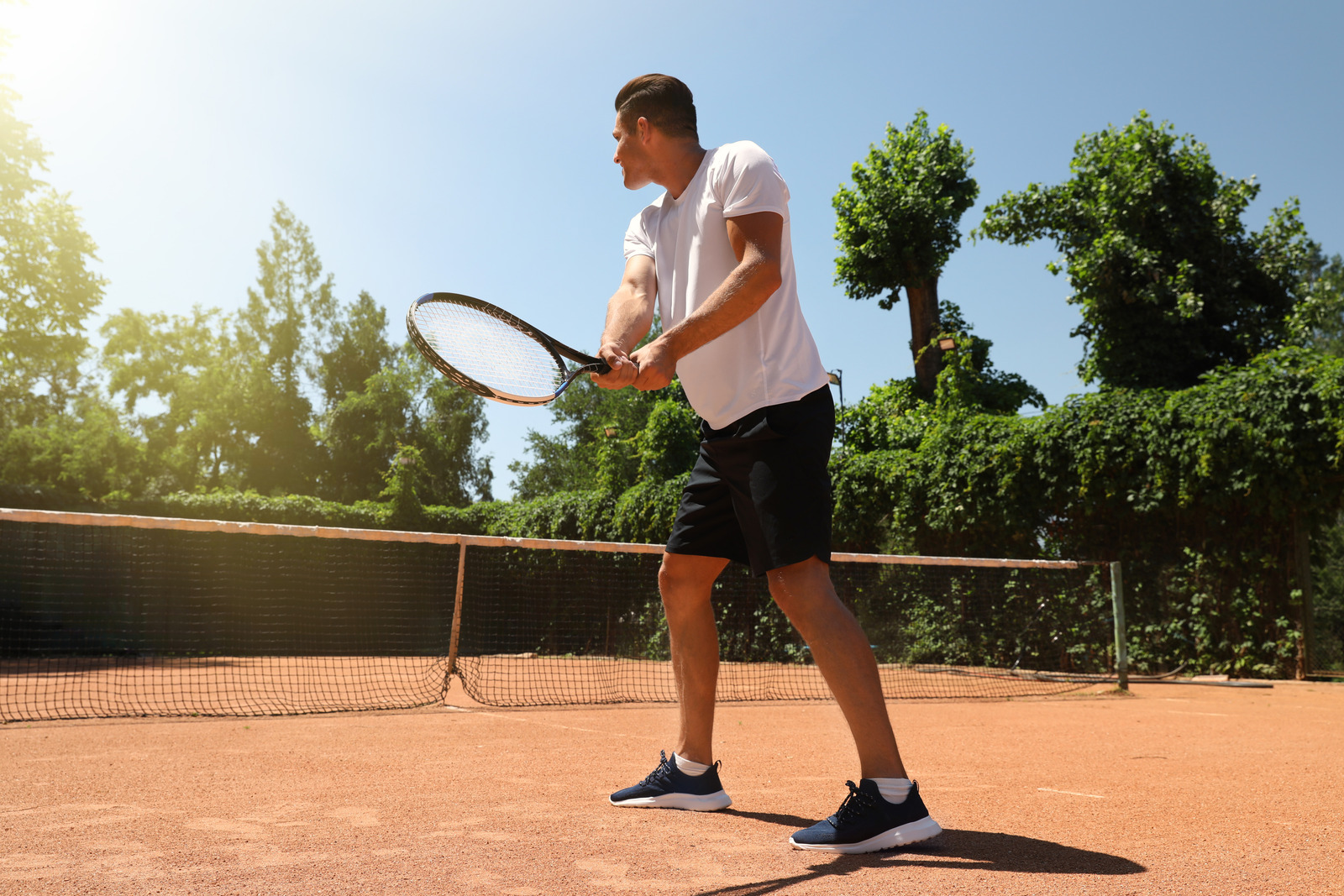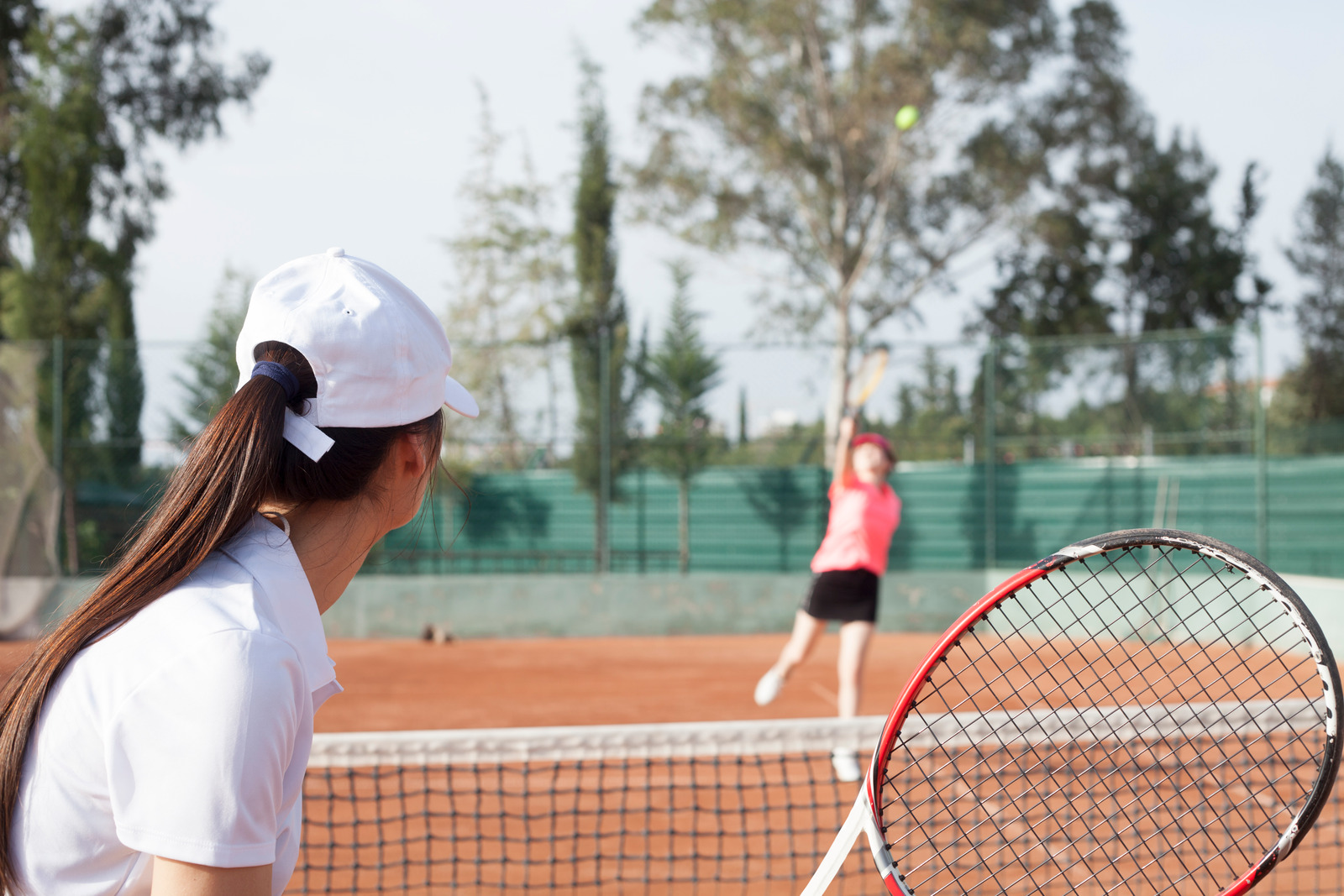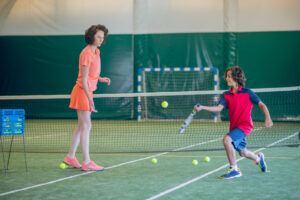Tennis matches can often stretch for hours, these moments test not just the physical endurance but also mental agility of a tennis player. A player needs to keep up with the high-intensity of the game, for which player develops tennis mental toughness which becomes key to lasting success.
Under the most challenging circumstances, players need to maintain their focus which is more important than other technical skills. Tennis players take tennis mental training programs incorporated by their coaches, to optimize their performance during long matches, whether you’re a junior player or a seasoned player.
Understanding the Importance of Tennis Mental Training
Tennis mental games can be challenging; to improve your mental game during peak performance and avoid mental fatigue, players practice mental fitness. Tennis players overcome such obstacles and play their best while managing these psychological factors such as unpredictability of the game, and their own negative thoughts.
This mental game in tennis is often considered the secret weapon of players in the tennis court. While battling their opponents, players are mentally engaged throughout that entire match; they need to stay focused on the present, ignore their past mistakes and mental toughness help tennis players with that.

Techniques to Improve Tennis Mental Toughness
1. Visualization and Imagery
Mental training begins with visualization, which is a powerful tool to train your mind for handling various situations, it prepares you before it actually happens. They follow the psychology of making the inevitable pressure of the game easier to respond, minimizing anxiety and building confidence. Imagery is often used to recreate successful techniques in athletes’ minds, which helps them stay calm and composed during competition or practice sessions.
2. Breathing Exercises
During tense moments, heart rate often increases which leads to feelings of nervousness and to cope up with such high-pressure moments, athletes perform breathing exercises. Controlled breathing results in emotion control, saves you from getting nervous, and maintains concentration during long matches. Focusing on deep, steady breaths during breaks in play, able to control your excitement and even frustration is one way to keep you calm and centred.
3. Mindfulness and Staying in the Present
A great strategy to encourage long term match with an unforced error, is to practice mindfulness. To stay fully engaged in the present moment, and reduce the common issue faced by many players which is letting their mind wander, can be avoided through regular mental fitness exercises. Mindfulness practices help to focus on the next point rather than getting distracted by anything else.
4. Goal Setting and Routine Development
Developing pre-game routines, and goal setting can serve as a mental cue that it’s time to focus. For better concentration, break down the match into short manageable segments, these short-term goals such as a certain number of first serves, maintain focus and do a certain amount of warm-up sessions and not become overwhelmed by the magnitude of the competition.
5. Managing Emotions and Handling Mistakes
People often found it easy to become frustrated after a double fault, tennis mental toughness is an essential component. Learning to stay calm and composed can develop coping skills and to prevent yourself from spiralling into frustration. Recognizing and accepting that mistakes will happen in a tennis match, players need to quickly shift their focus back to the next point.
6. Relaxation Techniques
Players must practice and should be aware when and how to relax during a long match. One of the ways to handle pressure is by practicing relaxation techniques such as guided meditation, progressive muscle relaxation and stay relaxed during high-pressure points to play your best game. Tension leads to poor shot selection, erratic play and technical breakdowns, tennis academy helps players strengthen body language, and keep a player’s mind in sync.

Overcoming Psychological Barriers
The ability to match mentally the pressure of the game and observe such programs which are designed to help you build realistic focus for handling tough situations, and guide you through a structured mental strength program, for ultimately win. These psychological strategies, and goal-setting techniques, are also important to fuel better performance.
A tennis coach or a mental training specialist teach how to build confidence over time, learning to cope with the pressure of competition, overcome self-doubt, negative thoughts, performance anxiety, get into the game zone, and also play better tennis during long matches to get desired outcome.
Conclusion
In order to achieve peak performance during the matches, tennis players must invest in their mental capabilities as much as their physical training. Mental toughness can be developed by practising visualization, emotions control via breathing, sticking to a routine, and focusing on short-term goals.
At last, becoming good at anything requires consistent practise and a tactical approach because that’s what makes a skilled and disciplined player hit the spot, and gain a competitive edge.





